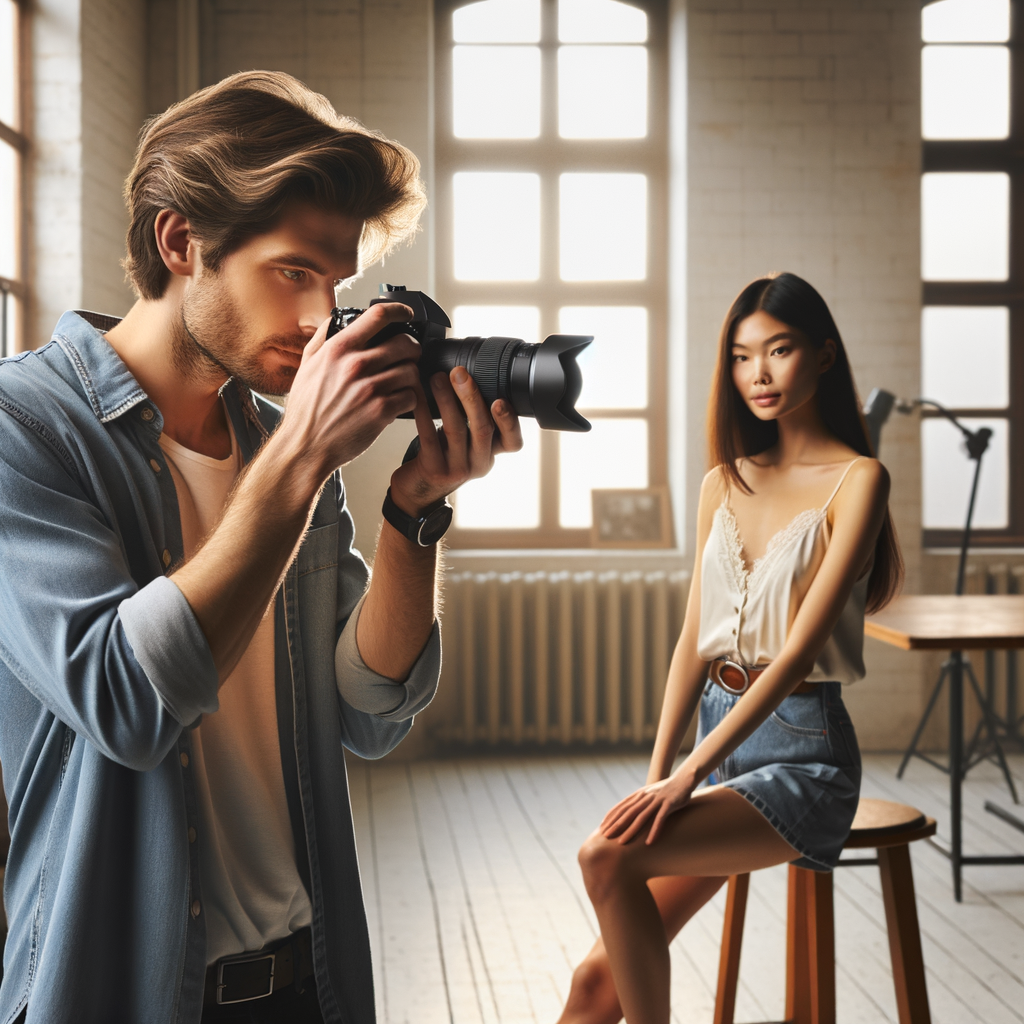
Portrait photography is an art that requires both technical skills and a creative approach. To successfully capture portraits, it's essential to consider various factors, including lighting, composition, and interaction with the subject. In this article, we'll discuss the key aspects of portrait photography that will help you create captivating and expressive images.
The first step to creating stunning portraits is understanding the basics. Lighting plays a central role in portrait photography. Avoid harsh shadows that can ruin a shot. Soft, even lighting creates a pleasant and natural look. One popular way to achieve this effect is to use light diffusers or shoot in the shade. You should also experiment with various light sources such as flash, natural light, and different lighting equipment.
Composition is of immense importance too. The proper positioning of the subject in the frame can significantly enhance the visual effect of the photograph. A fundamental principle is to apply the rule of thirds, which involves dividing the frame into three equal parts both vertically and horizontally. Placing your subject along these lines or at their intersections makes the image more harmonious and pleasing to the eye.
Moreover, interacting with your subject is crucial. Portrait photography is not just a technical process; it's about working with a person. Ensure that your model feels comfortable, and ask questions that evoke interesting emotions. You can also play with different poses and angles to highlight the model's best features. Don't hesitate to give directions and suggest experimenting with movements and expressions.
Additionally, you can incorporate various props or backgrounds to create a certain mood in the photograph. Simple items like hats, scarves, or books can add intriguing accents to the portrait. As for the background, the ideal option is neutral colors or textures that do not distract from the subject.
After the shoot, don't underestimate the importance of post-processing. With editing software, you can enhance the color balance, contrast, and sharpness of the image. However, be careful not to overdo the edits; the model's natural appearance is also crucial. Sometimes, adding simple adjustments like smoothing skin and adjusting brightness can breathe new life into your portraits.
Once you've learned the basics, practice is essential. Experiment with different styles of portrait photography, from classic to contemporary. Think about how you can express your unique perspective through portraits. Regularly review your work and analyze what can be improved or altered. And, of course, take inspiration from the works of other photographers – study their styles and approaches and assimilate those ideas into your own shooting process.
In conclusion, portrait photography is not just about capturing an image of a person; it's about creating a story and conveying emotions through visual language. Continuous learning, exploring new techniques, and creativity will help you become a master of portrait photography. Start with the basics, develop your skills, and best of luck on this exciting journey!


